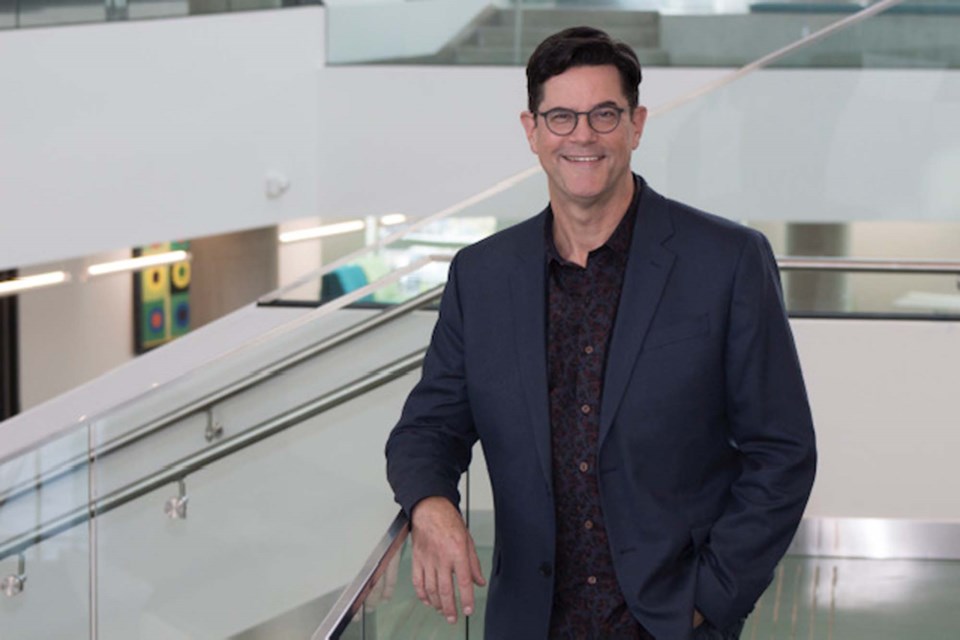One more sad story's one more than I can stand
Just once how I'd like to see the headline say
"Not much to print today, can't find nothin' bad to say"
Nearly 40 years on, this song could strike a chord again. As we grapple with the pandemic, political upheaval, racial injustice, and climate change, we could all use a little good news. In the meantime, people – of all ages and backgrounds – are simply giving up on news. They’re joining the ranks of the so-called "news avoiders”. Some are limiting how much news they consume. Others are choosing to avoid news altogether. They don’t watch, listen, or read.
A survey by the Reuters Institute showed that news avoidance in Britain jumped from 15% to 22% from April to May 2020 with respondents stating they “often or actively try to avoid the news”. The overall avoidance figure jumps to 59% if you include those who say they “sometimes” shun the headlines. Most (66%) say they’re doing it because of the “bad effect” it can have on their mood. The seemingly constant stream of sad, grim stories about the pandemic and other major issues can leave us depressed, or angry, or both.
Bad news isn’t new, of course. There was plenty to go around in other eras but, these days, it can be almost impossible to avoid, thanks (or, no thanks) to social media.
We wake up to it, carry it with us throughout the day, and go to bed with it. In 2020, the unending flow of news about COVID-19 gave us one sad story after another. As much as we want to stay informed, it can be hard to take. Even the World Health Organization is suggesting that the pandemic news can be too much for some. In the “Mental Health Tips” section of its website, the WHO advises to “limit your news intake if it is bothering you”.
Still, I’m here to say avoiding the news isn’t the answer, especially right now. More than ever, we all need to know what’s going on. Journalism, despite some warts, does inform us and helps us understand the issues and hold people accountable. We need to understand the pandemic’s spread and the vaccination plans. We need to understand what’s happening to our environment. And, yes, we need to understand the politics that affect our lives.
What is the answer? Just as we’ve been taught that moderation is the key to so many habits, it’s the same for news. You really don’t need to stay glued to the TV or Twitter or Facebook hour after hour and you don’t need to make your phone the last thing you see at night.
With 2020 finally behind us, perhaps 2021 is a good time to cut back a bit, to make news a scheduled appointment just once or twice a day. Our mental health is important but rather than shut off the “firehose” of news completely, you can reduce the flow to a steady, manageable trickle. Stay informed without being overwhelmed. Perhaps focus on the news within your community. You can still stay informed and I’m fairly confident you’ll find at least a little good news.
Neill Fitzpatrick is an assistant professor at MacEwan University where he teaches journalism and communications courses. He was a journalist for more than 30 years.
Read more from StAlbertToday.ca



